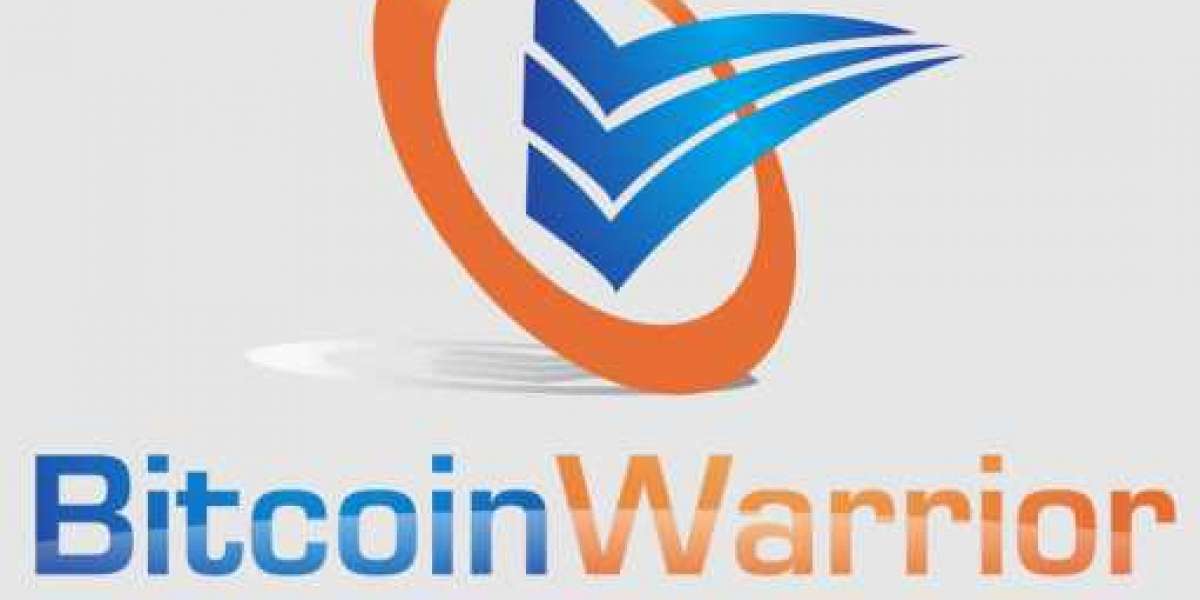Avatars are used to represent users in this social environment, making for an interactive and engaging experience. Users can use teleportation to visit various virtual social worlds, attend and host events, and conduct financial transactions using virtual currencies.
Twenty-five percent of the population will spend at least an hour per day in the metaverse by 2026. There, they'll be able to do things like work and shop, and 30% of businesses will already have metaverse-ready wares.
The metaverse — which encompasses blockchains and cryptocurrencies — is still in its early stages. The metaverse introduces risks associated with legislation, property, control, fraud, privacy threats, ethics, and security, so as its possibilities grow, it is important to consider the potential threats and dangers it poses.
We have made an effort, from the perspective of forensic accountants and computer fraud experts, to catalog the threats specific to the metaverse.
Opportunity or threat?
In the metaverse, it seems, people are experimenting with new ways of making money on the internet. Furthermore, is it possible to foresee the potential dangers this poses? Are current laws apply to the metaverse? How do we ensure that no one takes advantage of us in the metaverse?
While the metaverse presents exciting new possibilities for businesses and consumers, it is also fraught with danger due to its infancy as a technological platform.
It's possible for ethics to be broken. To illustrate, companies should think about whether or not their code of ethics has been revised to accommodate growth into the metaverse. The metaverse is a new frontier for business, but how do customers and employees act? Is sensitive information protected?
Intellectual property, virtual asset regulation, privacy, and gambling law will all be key areas of focus. Intellectual property rights, such as those related to the terms of service agreements and end-user license agreements, must be considered by businesses planning to use the metaverse.
Metaverse fraud risks
Market manipulation, cyber breaches and attacks, privacy breaches, money laundering, corporate espionage, and identity theft are just some examples of the types of fraud that could occur in the metaverse.
In contrast to more conventional social media sites, users in the metaverse have no assurance that their information will be kept private. This means that individual users' identities are exposed and trackable.
One expert says, "We cannot just turn off who can follow our avatars in the metaverse as we can with the traditional social media."
Through the metaverse, one can gather personally identifiable information, such as biometric data, which can then be used for advertising. It is imperative for businesses utilizing the metaverse to guarantee user privacy and data anonymity.
Risks associated with cryptocurrencies, which are already subject to very little official regulation, have emerged as a result of the metaverse's rapid development. Scams could conceivably flourish in the metaverse – and at worse, become normative as a metaverse experience.
Limiting the potential for fraud
Companies and governments can reduce the dangers of the metaverse by setting up safeguards for users and administrators. It is possible to take these measures to protect against and uncover metaverse fraud.
Based on our investigation into the possibility of fraud in the metaverse, we have determined that there are two levels of activity to consider: macro, which involves the government, and micro, which involves businesses.
At the government level:
- Specific regulation is needed for the metaverse, possibly in the form of a new Metaverse Act that encompasses metaverse transactions and actions.
- Enhanced governmental monitoring, particularly by the banking sector.
- Setting up a worldwide body to regulate the metaverse.
- Collaboration with commercial entities to disseminate data that can lessen dangers and forestall misuse, unethical conduct, and misleading content in the metaverse.
- In order to safeguard users from identity theft, false information, cyber threats, and privacy breaches, businesses should be required or encouraged by regulatory bodies to report the measures they have taken to reduce metaverse risks and the resources they have at their disposal.[rb_related title="More Read" style="light" total="4"]
Here are some things that metaverse-active businesses and groups can do on their own:
- Take a systemic approach internally across divisions (such as audits, marketing, and finance) to find holes in your metaverse process implementations.
- Implement measures that regulate avatar behaviour on different platforms to ensure users conform to community standards.
- Use of AI to prevent and detect financial crimes.
- Improve whistleblower protections and accessibility via revising ethics codes and whistleblower programs.
- Make sure there's a solid plan in place to deal with any metaverse dangers.
To counteract the rise and spread of crime in the metaverse, boards of directors, governance bodies, and management should have proper training and be capable of coordinating their actions. An effective anti-fraud program in the metaverse must first begin with training and education.




Alphonsus Odumu 5 w
Fraud in metaverse